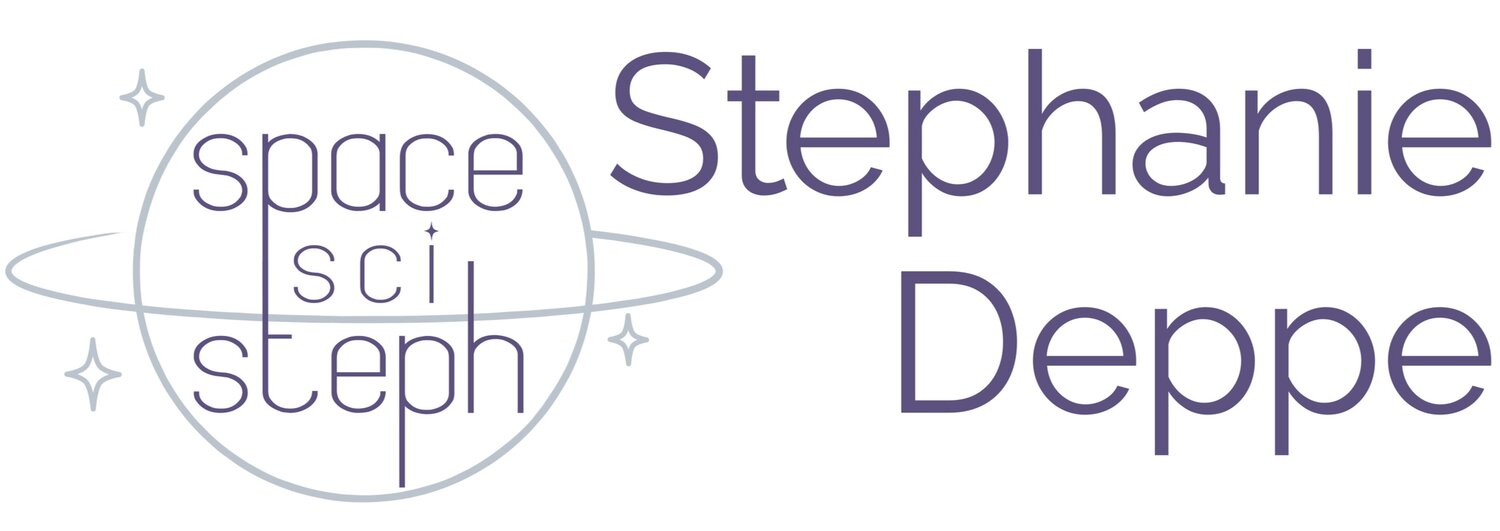I wrote a new post over on Astrobites that went live today!
As a woman in STEM, this one hits home. The paper I wrote about today took data from ten recent Canadian telescope proposal cycles. Essentially, if you want to use a telescope, you have to make your case and convince the Time Allocation Committee (TAC) that they should give you time over someone else. The authors of the paper I wrote about found large disparities in the number of successful proposals for men vs. women. They even further broke the data into faculty vs. non-faculty, senior vs. non-senior people in astronomy, and several other categories. They generally found the same trends no matter how they sliced the data.
One important thing to note is that the TACs in this sample had full access to the names of the proposers. That is, they knew when evaluating the proposals whether they were led by men or women! The authors of the paper noted that the gender makeup of the TAC didn’t seem to have any effect on the gender ratio of successful proposals, bringing up the interesting concept of implicit social cognition. In other words, even women subconsciously rate women lower, even if they did equal work to a man!
A solution to this problem is to double-blind the entire review process – the reviewers don’t know who wrote the proposal they’re evaluating, and the proposers don’t know who reviewed their proposal. This technique has been proven to improve the gender ratio in a variety of other settings. Thankfully, the Canadian TACs from this paper recently adopted the double-blinded review process, so I hope we’ll soon see the gender gap narrow!


